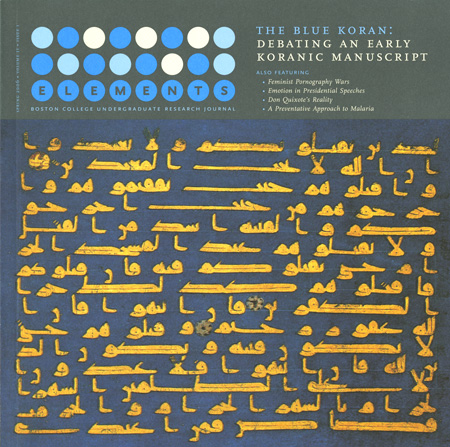Don Quixote and the Liar's Paradox
DOI:
https://doi.org/10.6017/eurj.v2i1.8942Keywords:
Spring 2006, humanities, English, literatureAbstract
"I am lying." It might be said that this statement is, implicitly, the single real truth of the fiction-forming author, and its complications are both the emblem and bane of all novels. In his epic Don Quixote, Miguel de Cervantes exploits the problem of making lies real by intricately waving together such disparate elements as autobiography and high fantasy within the unreliably unreliable voices of several subjective storytellers. And his conclusion, it seems, is Don Quixote himself, a man who combats the protean strangeness of the world by replacing it with a deliberate reality of his own. At the cusp of the European Renaissance, Cervantes' Don Quixote makes the choice which will become a necessity for post-Cartesian thinkers, namely, a personal determination, an authorship of "the real" in a world where inconsistencies and subjectivities constantly threaten to chain the truth-seeking man, like Prometheus, to the confusion of the liar's paradox.Downloads
Published
2006-04-15
How to Cite
Cersonsky, E. (2006). Don Quixote and the Liar’s Paradox. Elements, 2(1). https://doi.org/10.6017/eurj.v2i1.8942
Issue
Section
Articles
License
Copyright (c) 2015 Elements

This work is licensed under a Creative Commons Attribution 4.0 International License.

